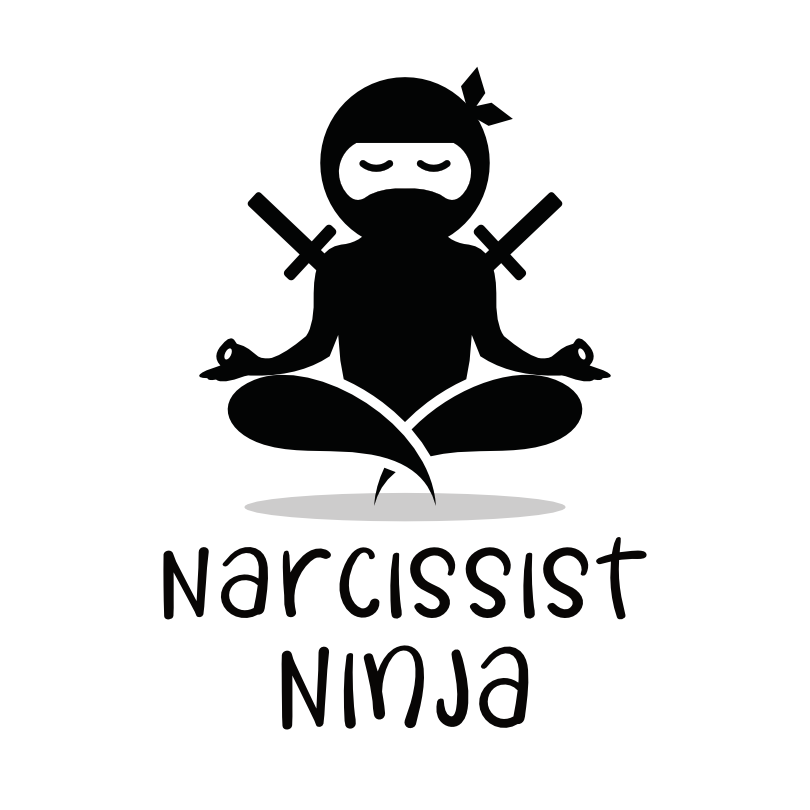
Become the Ninja the Narcissist Never Expected
Take control of your healing journey! Subscribe to our newsletter for exclusive insights, healing strategies, and tools to rebuild your best life!
Get ready to update your Ninja skills!

Hoovering in Narcissistic Abuse: Understanding the Manipulation and Breaking Free
Learn how narcissists use hoovering tactics to manipulate and regain control after a breakup. This article explains common hoovering strategies, why they happen, and how to protect yourself from being drawn back into toxic dynamics. Discover practical tips to set boundaries, maintain no contact, and stay emotionally resilient.

The Hidden Impact of Isolation on Your Brain — And How to Heal
Isolation can significantly alter brain function, increasing anxiety, depression, and cognitive decline. This article explores the neurological impact of isolation and offers actionable strategies to heal and rebuild connections for improved mental well-being.

Neuroplasticity: Rewiring Your Brain for Healing and Growth After Trauma
Discover how neuroplasticity can help you rewire your brain for healing after trauma. Learn proven techniques to reduce anxiety, improve emotional well-being, and break free from negative thought patterns.

How Exercise Rewires the Brain: Healing After Narcissistic Abuse
Discover how exercise can rewire your brain, improve mental clarity, and accelerate healing after narcissistic abuse. Learn how movement promotes neuroplasticity, reduces anxiety, and restores emotional resilience. This comprehensive guide explores the best types of exercise for trauma recovery and offers practical steps to build a sustainable routine.

Protecting Your Digital Presence from an Abuser
Learn how to protect your digital presence from an abuser with practical steps to safeguard your devices, online accounts, and personal information. This guide offers crucial strategies for survivors of narcissistic abuse to regain control of their online security and privacy.

Covert Narcissist vs. Overt Narcissist: Understanding the Hidden Manipulator
Learn how covert narcissists differ from overt narcissists in their manipulative tactics, emotional impact, and behavior patterns. This article explores key traits, red flags, and strategies for protecting yourself from both types of narcissists.

Building Secure Attachment After Abuse
Building secure attachment after abuse is a crucial step toward healing and forming healthy, trusting relationships. This article outlines key strategies to rebuild your ability to connect, set boundaries, and foster emotional safety. Learn how to move from fear and distrust to a place of confidence and security in your relationships.

Spotting Green Flags in Healthy Relationships
Learn to identify the positive signs of a healthy relationship with this guide to relationship "green flags." Discover key traits like emotional safety, mutual respect, and effective communication to help you build stronger, more fulfilling connections.

Can a Narcissist Change?
It’s tempting to believe that a narcissist can change for the better, but the truth is more complex. This article breaks down the chances of transformation, why narcissists often resist change, and what you need to know about protecting yourself while navigating these relationships.

How to Outsmart a Narcissist Without Losing Yourself
Dealing with a narcissist doesn’t have to cost you your sense of self. This guide shares empowering tips for recognizing narcissistic tactics, maintaining your boundaries, and outwitting their mind games while staying grounded in your truth. Learn how to protect yourself emotionally and regain control of your life.

How to Attract Healthy Relationships After Narcissistic Abuse
After narcissistic abuse, trusting again can feel impossible—but healthy love is within reach. This article guides you through rebuilding self-worth, setting strong boundaries, and recognizing red flags so you can attract relationships that are safe, supportive, and truly fulfilling.

How Narcissists Condition You to Accept Mistreatment
Narcissistic abuse happens gradually, making it easy to overlook the warning signs—until it’s too late. This article uncovers how narcissists condition you to tolerate mistreatment and offers practical strategies to reclaim your self-worth, set boundaries, and break the cycle of emotional manipulation.

Narcissism vs. Sociopathy vs. Psychopathy: Understanding Key Differences
Narcissism, sociopathy, and psychopathy share similarities, but they are not the same. This article breaks down the key differences between these personality disorders, helping you recognize their traits, behaviors, and impact on relationships. Gain clarity on how each type manipulates, lacks empathy, and operates in the world.

Breaking the Trauma Bond: Step-by-Step Guide
Breaking free from a trauma bond is one of the hardest yet most powerful steps toward healing. This step-by-step guide walks you through recognizing the bond, understanding its grip on your emotions, and taking actionable steps to reclaim your independence, self-worth, and emotional freedom.